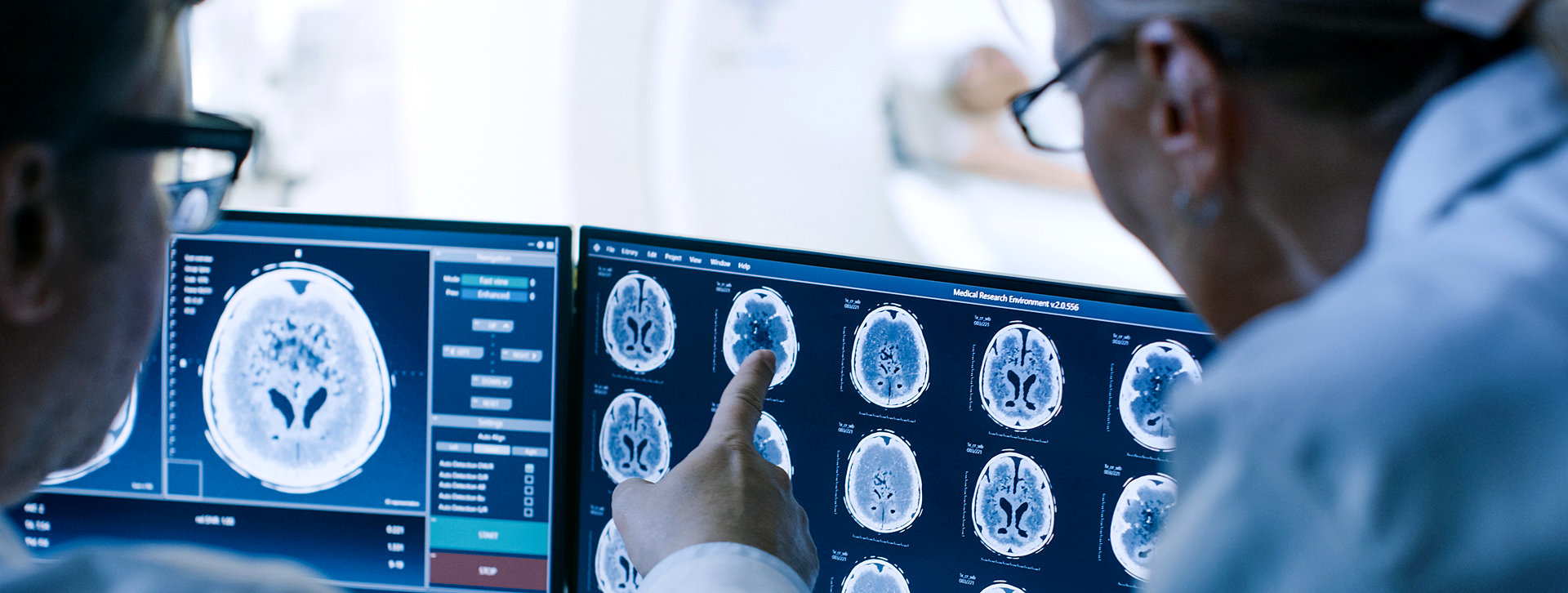Inhalt
Inside UMM
Nehmen Sie teil
Im Fokus: Die UMM
Erfahren Sie mehr
UMMsehen
Aktuelle Medienberichte
Veranstaltungen
-
03.Mai.2025, 09:00 -18:00 Uhr
-
04.Mai.2025, 09:00 -18:00 Uhr
-
05.Mai.2025, 09:00 -18:00 Uhr
Pressemitteilungen
Karriere an der UMM
Stellenangebote Pflege
- Lernbegleiter / Praxisanleiter (w/m/d) für die chirurgische interprofessionelle Ausbildungsstation
- Pflegecontroller (w/m/d) für den Pflege- und Funktionsdienst der Stabsstelle Pflegedirektion
- Pflegefachperson (w/m/d) für die neurochirurgisch-anästhesiologische Intensivstation (NCAI)
- Zentrale Praxisanleitung (w/m/d) für die Anästhesiepflege
















